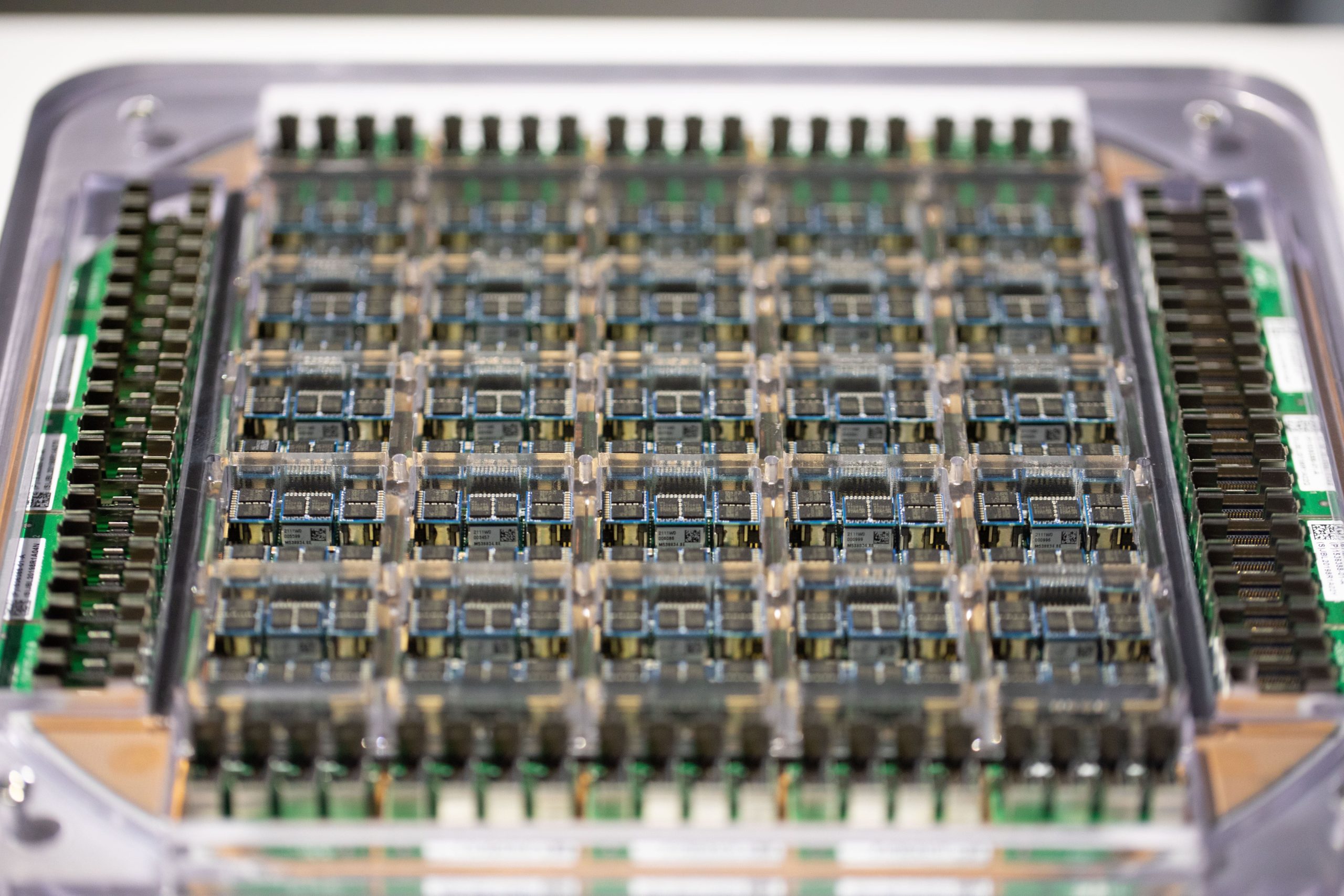Tesla Plans AI Chip Factory, Considers Intel Partnership
Tesla plans a new AI chip factory and considers partnering with Intel to enhance chip production capabilities for autonomous vehicles and robotics.

Elon Musk Unveils Tesla’s Mega AI Chip Factory and Explores Intel Partnership
Tesla CEO Elon Musk has announced plans to build a massive new factory dedicated to producing advanced AI chips, marking a significant step in Tesla's push to dominate artificial intelligence hardware for autonomous driving and robotics. The announcement came during Tesla’s 2025 shareholders meeting and signals Tesla’s ambition to vertically integrate its AI chip production, reduce reliance on third-party suppliers, and accelerate innovation in AI-powered electric vehicles and robotaxis.
The Mega AI Chip Fab: Scale and Technology
Musk revealed that Tesla’s new chip fabrication plant will be among the largest dedicated to AI chip production globally. This “mega fab” is expected to manufacture Tesla’s next-generation AI chips, specifically the highly anticipated AI5 chip series, which promises a quantum leap in processing power. The AI5 chips will deliver up to a 40-fold increase in computing performance over Tesla’s current HW4 chips, a critical upgrade for handling the increasing demands of full self-driving (FSD) and real-time vision processing.
One key feature of the AI5 chip is its expanded memory capacity—up to nine times that of HW4—enabling Tesla’s AI models to analyze far longer video contexts and driving scenarios. This expanded context length is essential for smoother, more reliable autonomous driving as vehicles can better anticipate and react to dynamic road conditions. Production of AI5 chips is expected to start at low volume in late 2026, with mass production ramping up in 2027.
Possible Collaboration with Intel
Elon Musk also hinted at a potential partnership with Intel, a major player in the semiconductor industry, to help accelerate chip manufacturing capabilities. While Tesla has historically relied on companies like TSMC and Samsung for chip production, collaboration with Intel could bring new manufacturing efficiencies and leverage Intel’s expertise in process technology. Musk’s discussions with Intel suggest a strategic move to diversify Tesla’s supply chain and possibly co-develop chip fabrication technologies suited for Tesla’s unique AI workloads.
Integration with Tesla’s Autonomous and Robotics Vision
The chip factory announcement coincides with Tesla’s broader plans to expand its autonomous vehicle fleet. Musk confirmed that production of the long-awaited Tesla Cybercab robotaxi will begin in April 2026, leveraging the AI5 chips for advanced self-driving capabilities. The Cybercab is central to Tesla’s vision of a robotaxi network, which Musk predicts will revolutionize urban transportation and mobility.
The new AI chip fab will also support Tesla’s growing ambitions in robotics, including the Tesla Bot humanoid robot project, which depends heavily on powerful AI processors to perform complex tasks. By controlling chip production, Tesla aims to optimize hardware-software integration and accelerate innovation cycles in AI-driven mobility and robotics.
Industry and Market Implications
Tesla’s move to build a dedicated AI chip fab is a bold step in the highly competitive semiconductor industry, where chip shortages and geopolitical tensions have underscored the risks of supply chain dependencies. Vertical integration of chip manufacturing could give Tesla a strategic edge in cost, performance, and supply stability.
Furthermore, Tesla’s AI5 chip performance leap will place it among the most advanced AI processors designed specifically for autonomous driving, potentially setting new industry standards. The collaboration talks with Intel, if realized, could reshape chip manufacturing dynamics by combining Tesla’s AI expertise with Intel’s manufacturing scale.
Context and Outlook
The timeline for Tesla’s AI5 chip production and Cybercab launch reflects the challenges of semiconductor fabrication, which requires massive capital investment and technical expertise. Musk’s optimism about the mega fab and Intel partnership, however, signals Tesla’s commitment to overcoming these hurdles and leading the future of AI in transportation.
As Tesla expands its AI hardware capabilities, the company could disrupt not only the electric vehicle market but also the broader AI chip industry and autonomous mobility ecosystem. Tesla’s integrated approach—from chip to car to robotaxi network—may serve as a blueprint for future tech-driven automotive innovation.



